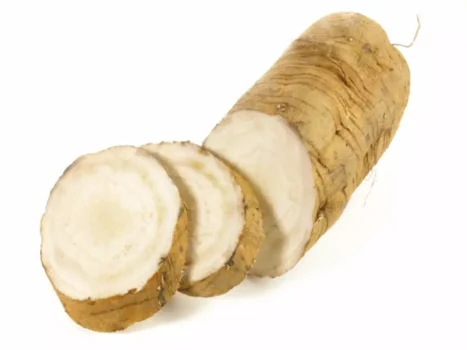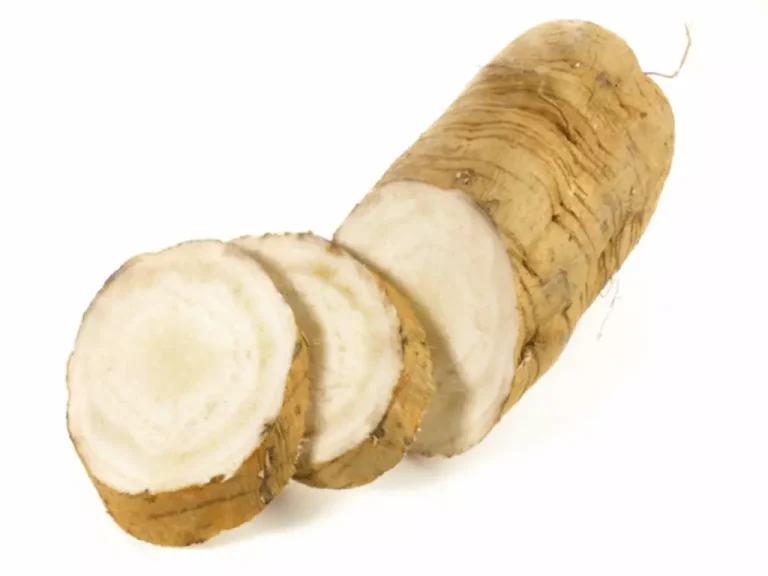Alcohol and Your Brain: The Long-Term Impact on Thinking and Memory

It’s not unusual to experience brain fog after a night of drinking. In these cases, how quickly brain fog goes away depends on several factors, such as the severity of alcohol misuse, how long we’ve been drinking, and our overall health status. While brain fog sometimes goes away on its own within a few days or weeks after quitting drinking, it can persist for extended periods for some people, particularly those with severe alcohol misuse. These people usually require professional medical attention to be treated effectively. Lack of nutrients affects not just our physical body, but our cognitive abilities as well, such as our ability to process information and solve problems.

What factors influence brain fog recovery time?
This link between alcohol and cognitive function is a big reason why you might experience brain fog with a lack of mental clarity or ability to focus. That misty cloud obstructing your mental clarity is known as alcohol-induced brain fog, a common yet overlooked symptom of alcohol withdrawal. But how does what is Oxford House this fog form and, more importantly, how long does brain fog last after quitting alcohol?
How to Overcome Brain Fog and Regain Clarity During Recovery
Engaging in mentally stimulating activities helps keep your brain active and sharp. After completing detox, individuals can benefit greatly from aftercare programs designed to provide ongoing support during the transition to sobriety. These programs often include regular check-ins, counseling sessions, and educational workshops on relapse prevention strategies. In group therapy settings, individuals have the opportunity to connect with others who have experienced similar challenges, fostering a sense of belonging and support. Group therapy sessions provide a safe space to share experiences, gain insights, and develop valuable peer relationships that promote healing and recovery.

How Does Heavy Drinking Affect the Brain Long-Term?
- No significant relationships were found between cortical thickness changes and current substance abuse (including drugs other than alcohol), or psychiatric disorders, or past cigarette smoking.
- However, excessive drinking is dangerous, especially for young people.
That’s what brain fog feels like; a state of confusion, lack of focus, and mental obscurity. Often, it sneaks up on you during alcohol withdrawal and recovery, causing difficulty in concentrating, memory problems, and a feeling of being mentally sluggish. According to the National Institute on Alcohol Abuse and Alcoholism, people who get treated for their alcohol problems have no further mental or physical symptoms one year later. Understanding alcohol brain fog is crucial for anyone dealing with alcohol-related cognitive impairments. By recognizing the signs and taking proactive steps, it’s possible to lift the fog and improve your cognitive function. Yes, Lion’s Mane is widely regarded as beneficial for brain health.
Exercise Your Way to a Clear Mind, Fight Brain Fog Naturally
Also, thinking takes much more effort than we realize, with our brains using about 20% of our total calories consumed. If you’re not eating well and getting enough nutrition for your body and brain, you’re going to have a much harder time concentrating and feeling inspired or rewarded. No matter how much you drink, adding whole nutrient-dense foods to your diet is going to help your body and brain work better. Drinking heavily can also impair your cognition by affecting your diet and vitamin absorption.

Brain Fog Remedies in Addiction Recovery
- Brain fog can be caused by various factors, such as lack of sleep, stress, malnutrition, medication, neuroinflammation, and the use of certain substances, such as alcohol.
- Basically, dopamine is what teaches your brain that alcohol equals reward, making you naturally want more alcohol.
- Factors that can help your brain recover from brain fog faster include the length of time alcohol was consumed, the amount of alcohol consumed, and the individual’s overall health.
Some alcoholics become deficient in an enzyme that prevents them from metabolizing vitamin B1 (thiamine), or they simply don’t eat a nutrient-rich diet, causing malnutrition. The resulting deficiencies can lead to cognitive impairment and alcohol-related brain damage. Recovery from alcohol addiction is a lifelong journey that requires ongoing commitment and support. During detox, the body goes through a series of changes as it adjusts to functioning without alcohol. It is important to note that alcohol detox can be an unpleasant and potentially life-threatening experience, which is why medical supervision is highly recommended.

- Remember, prioritizing self-care and seeking professional help are vital components in combating brain fog and achieving long-term success in your recovery.
- The amount you produce affects how you think, work, and even sleep.
- That means you can go after your goals much more easily, without losing motivation.
- When you decide to quit drinking alcohol, your body goes into a state of shock, leading to alcohol withdrawal.
Its potential to improve focus, memory, and cognitive function makes it a great option for individuals with ADHD. However, combining it with alcohol brain fog other herbs like Bacopa Monnieri or Rhodiola Rosea may offer enhanced benefits. As with any supplement, it’s important to consult a healthcare professional before use. It is important to remember that your body is going through a lot when you first stop drinking alcohol.
When Does Alcohol Withdrawal Brain Fog Go Away?
You’ve had a stressful day and want to unwind with a glass of wine. Our rehab directories tool makes it simple to find a rehab that meets you or your loved ones needs best by using different search criteria to accomplish that goal. You can easily type in your location to find treatment centers near you, or browse other facilities throughout the nation that provide the services you are looking for. Or, find rehab facilities near you right now to get started on your journey towards recovery.
